Estate Planning Changes
An estate plan is not a one-time task. It is a living set of documents that should evolve with our lives. When significant life events occur, they can affect how our assets are distributed, who manages our affairs, and how our wishes are carried out. Without timely updates, an older plan may no longer reflect our true intentions.
Life Events That May Prompt Changes
Several situations can make an update necessary. Marriage or divorce often shifts priorities in terms of beneficiaries and decision-makers. The birth or adoption of a child adds new considerations for guardianship and inheritance. A death in the family may require adjustments to the distribution of property or the appointment of new trustees or executors.
Career changes can also impact an estate plan. A new business, a promotion, or retirement might involve changes in income, investments, or insurance coverage. Relocating to a different state may bring new legal requirements for estate planning documents. In each of these scenarios, failing to revise our plan could cause confusion or disputes later.
How Updates Protect Our Intentions
Updating an estate plan ensures our wishes are clearly documented and legally valid. By reviewing documents after major life changes, we can confirm that beneficiaries are current, decision-makers are still appropriate, and assets are protected under the right legal structures. This step also helps align our plan with changes in tax laws or state regulations.
It is wise to reassess wills, trusts, powers of attorney, and healthcare directives to see if they still meet our needs. Even minor adjustments, such as updating contact information or modifying a bequest, can make a difference in carrying out our intentions smoothly.
Working With A Legal Professional
Although it may be tempting to make small changes on our own, working with a trusted estate planning lawyer helps prevent oversights. Attorneys like those at Eastside Estate Planning can attest that professional review reduces the risk of documents being challenged later. This approach also allows us to receive guidance tailored to our situation and to stay informed about relevant legal developments.
A legal professional can review how assets are titled, verify that trusts are properly funded, and confirm that all documents are consistent with one another. This coordination helps avoid conflicting instructions that might create delays or legal disputes.
Making Regular Reviews Part Of The Process
While major life events are clear triggers for an update, it is also wise to review an estate plan every few years even without big changes. Life circumstances, laws, and financial situations can shift gradually over time. Routine reviews help identify areas where updates may be needed before an urgent situation arises.
Taking a proactive approach to keeping our estate plan current provides peace of mind. It ensures that our loved ones have clear guidance and that our legacy is handled in the way we intend. With each major life change, we have an opportunity to protect what matters most and maintain control over our future decisions.

